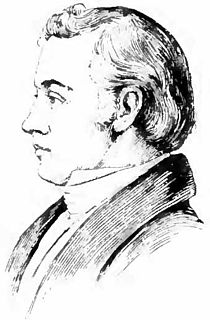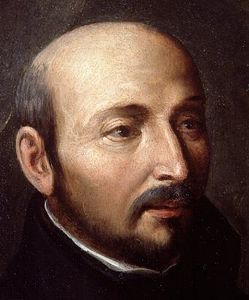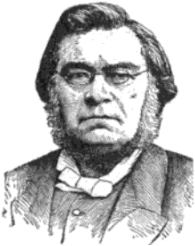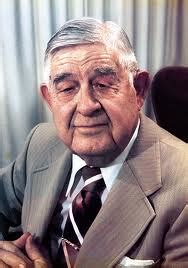A Quote by Elijah Parish Lovejoy
Is he not a God that showeth mercy and keepeth covenant? Of all sins, it seems to me that the sin of unbelief is the most dishonouring to God.
Related Quotes
Pardon me, O perfections of my God, for having preferred imperfect and evil inclinations to Thee! Pardon me, O justice of my God, for having outraged Thee by my sins. Pardon me, O holiness of my God, for having so long stained Thy sight's purity by my sins. Pardon me, O mercy of my God, for having despised so long Thy mercy's voice. In deep sorrow and contrition, I cast myself at Thy feet: Have mercy on me.
What is sin? It is the glory of God not honored. The holiness of God not reverenced. The greatness of God not admired. The power of God not praised. The truth of God not sought. The wisdom of God not esteemed. The beauty of God not treasured. The goodness of God not savored. The faithfulness of God not trusted. The commandments of God not obeyed. The justice of God not respected. The wrath of God not feared. The grace of God not cherished. The presence of God not prized. The person of God not loved. That is sin.
What is the gospel itself but a merciful moderation, in which Christ's obedience is esteemed ours, and our sins laid upon him, wherein God, from being a judge, becomes our Father, pardoning our sins and accepting our obedience, though feeble and blemished? We are now brought to heaven under the covenant of grace by a way of love and mercy.
For forty years did unbelief, murmuring, and rebellion shut out ancient Israel from the land of Canaan. The same sins have delayed the entrance of modern Israel into the heavenly Canaan. In neither case were the promises of God at fault. It is the unbelief, the worldliness, unconsecration, and strife among the Lord's professed people that have kept us in this world of sin and sorrow so many years
The prevailing idea seems to be, that I come to God and ask Him for something that I want, and that I expect Him to give me that which I have asked. But this is a most dishonouring and degrading conception. The popular belief reduces God to a servant, our servant: doing our bidding, performing our pleasure, granting our desires. No, prayer is a coming to God, telling Him my need, committing my way unto the Lord, and leaving Him to deal with it as seemeth Him best.
There are two gods. The god our teachers teach us about, and the God who teaches us. The god about whom people usually talk, and the God who talks to us. The god we learn to fear, and the God who speaks to us of mercy. The god who is somewhere up on high, and the God who is here in our daily lives. The god who demands punishment, and the God who forgives us our trespasses. The god who threatens us with the torments of Hell, and the God who shows us the true path.
There are two gods. A god who casts us off because of our sins, and a God who calls to us with His love.
Sin is what you do when your heart is not satisfied with God. No one sins out of duty. We sin because it holds out some promise of happiness. That promise enslaves us until we believe that God is more to be desired than life itself (Psalm 63:3). Which means that the power of sin's promise is broken by the power of God's.
Dear lost sinner, if you are a wicked sinner, yet you do not have to die and go to Hell forever. If you are a criminal or a harlot, a blasphemer, a drunkard, a convict, or a dope fiend, God does not want you to go to Hell. People do not go to Hell simply because they are sinners. Rather they go because they will not repent of their sins! If you today will confess your sins to God, and in your poor, helpless heart, will, as far as you know how, turn away from your sin, God will have mercy and will forgive and save.



































